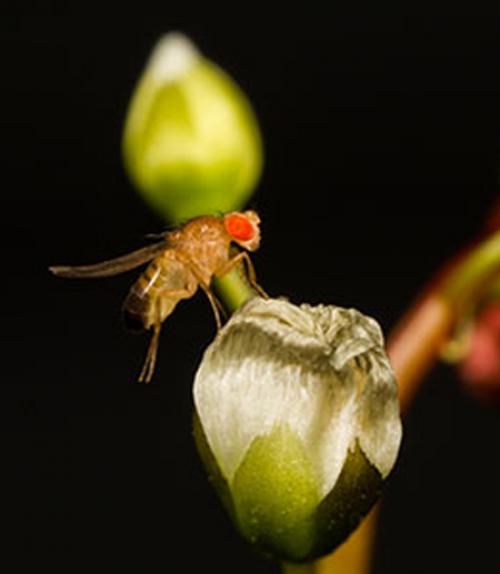Variation is the spice of life, especially on the genetic level. Any two humans, for example, differ on average by 20 million nucleotides out of a total of 3 billion. “There’s tremendous interest in understanding what those differences do,” says Charles F.
Read the original article...




